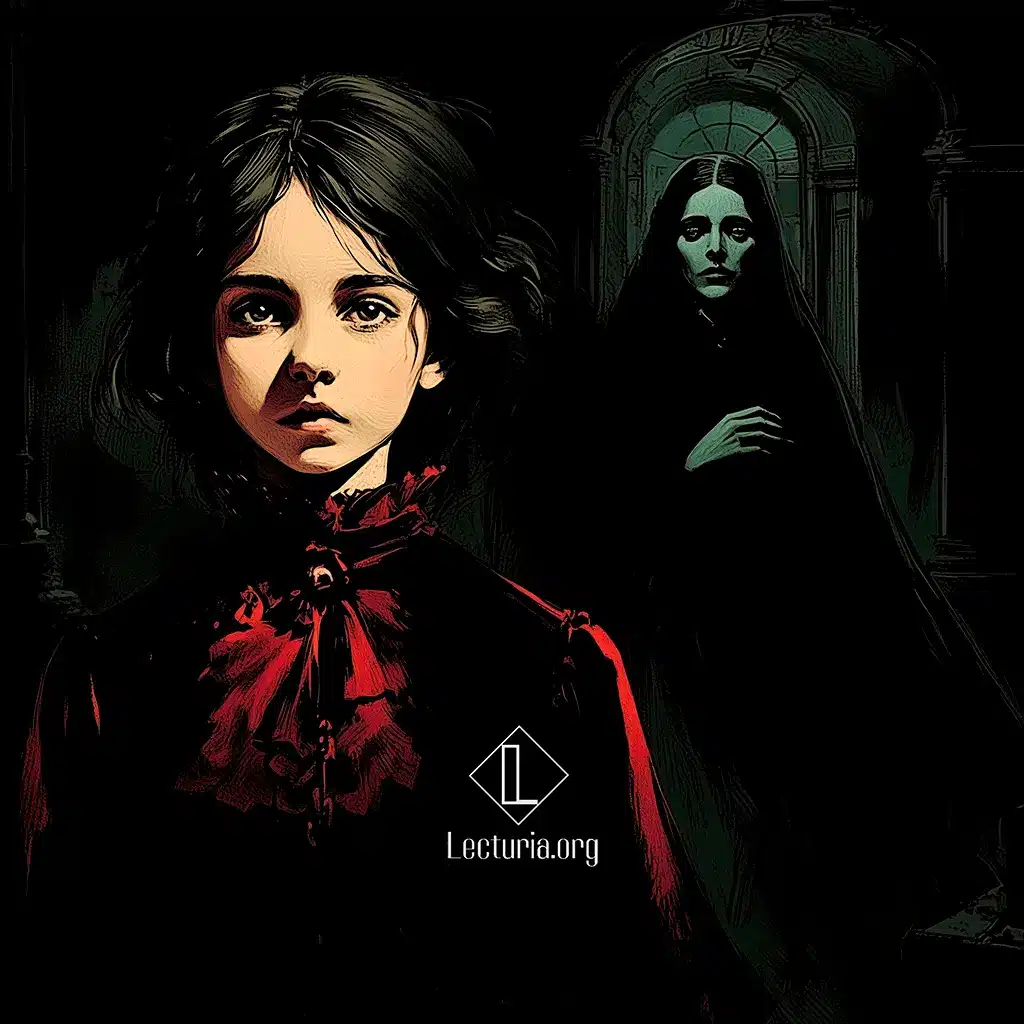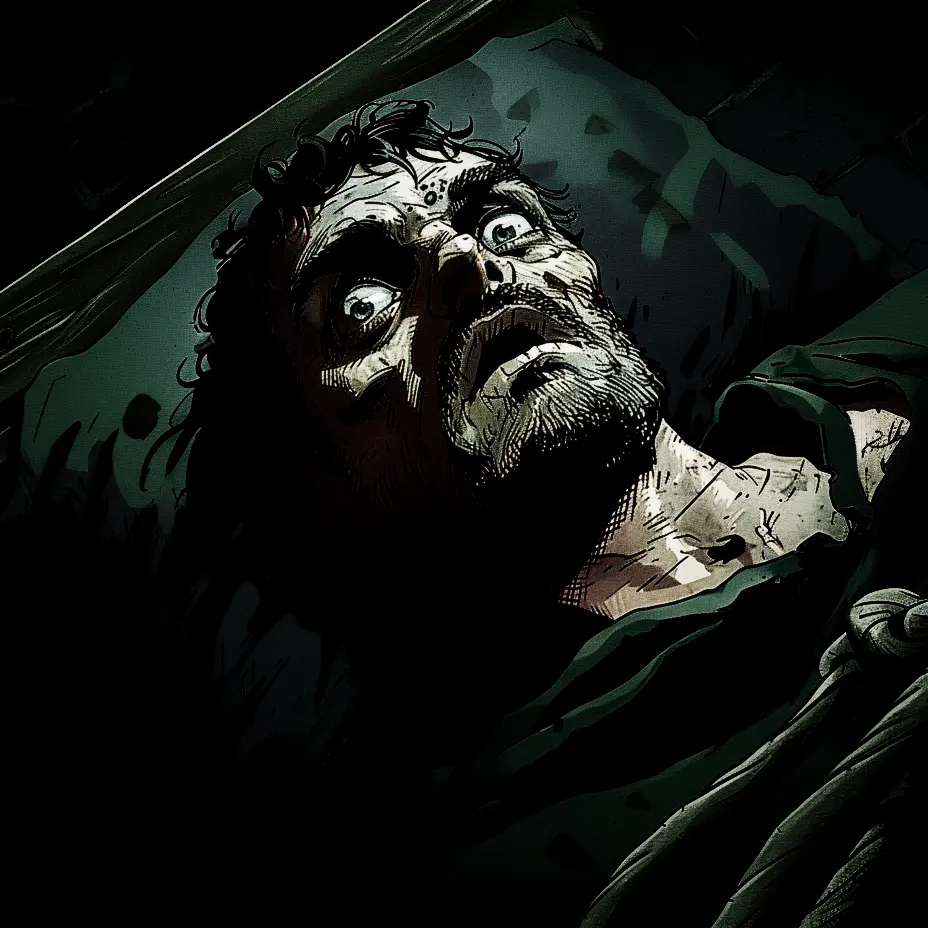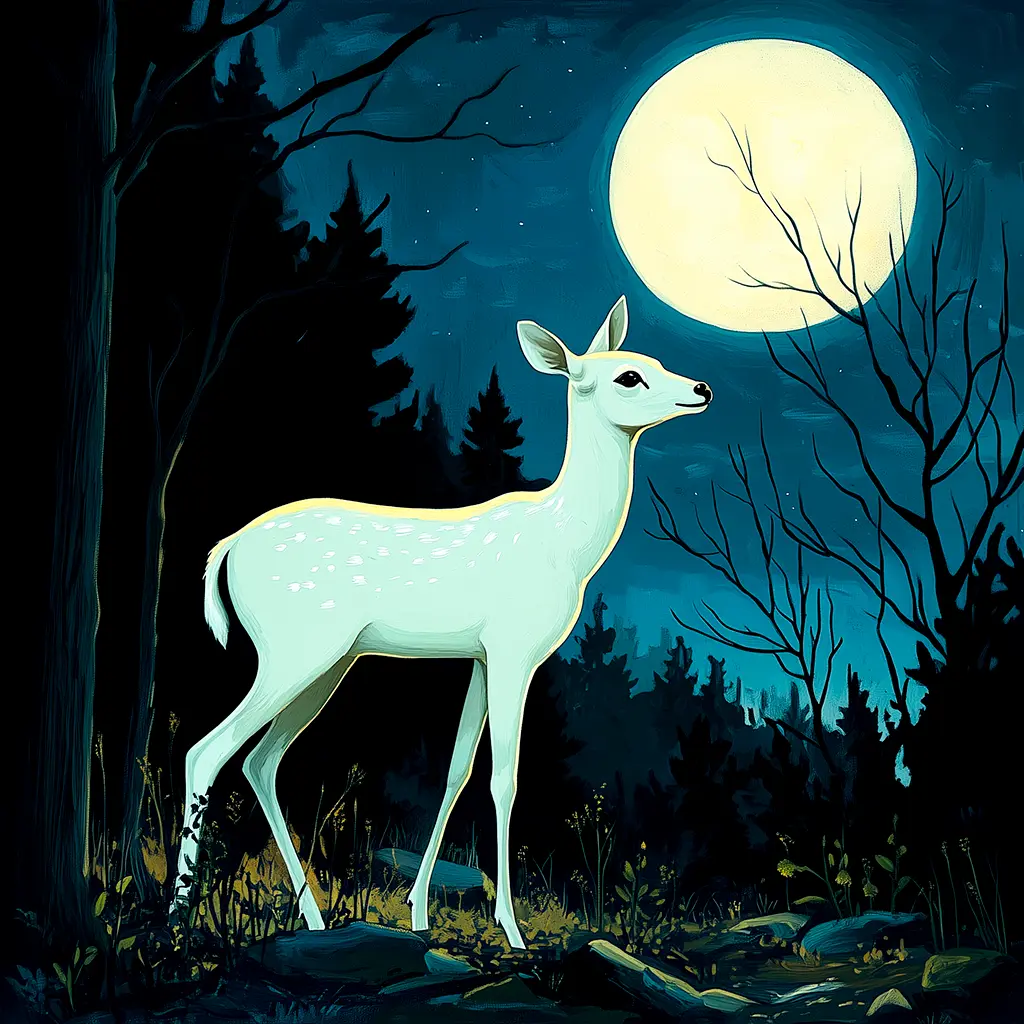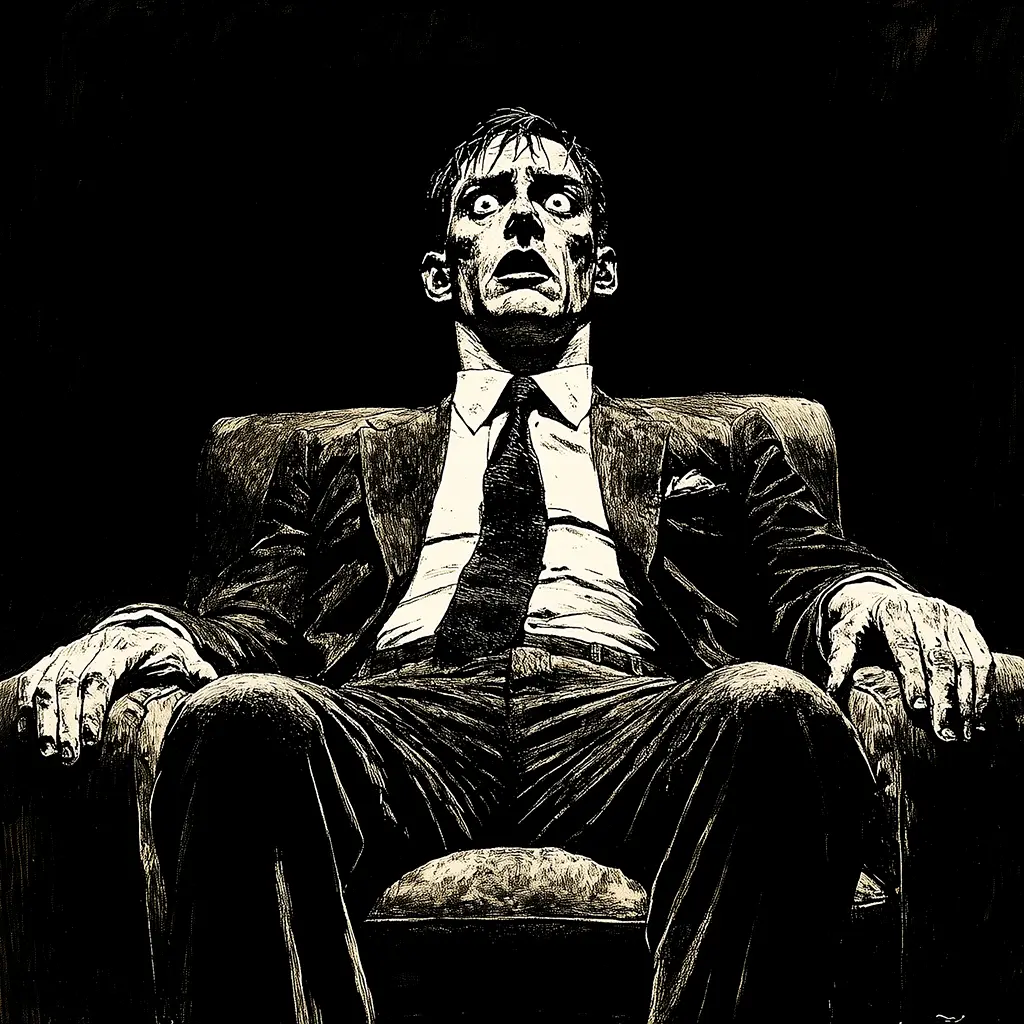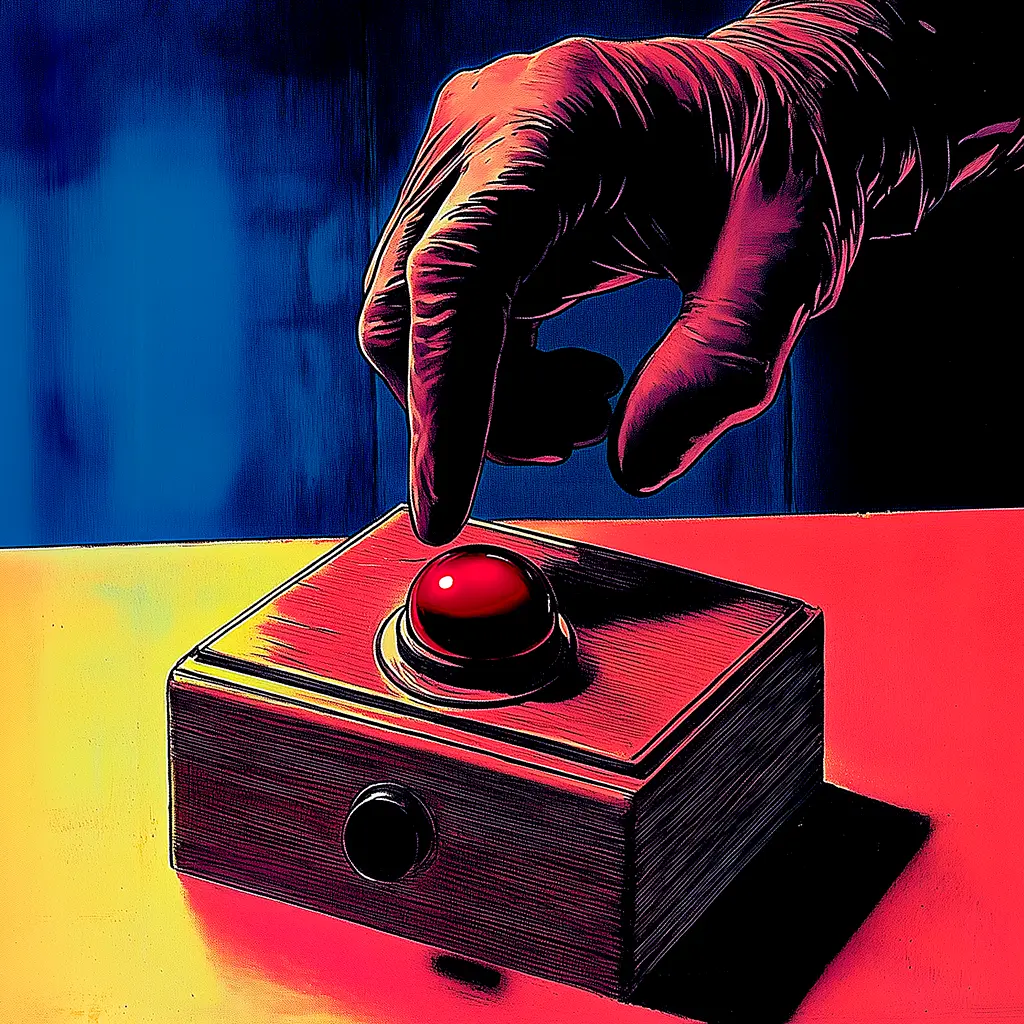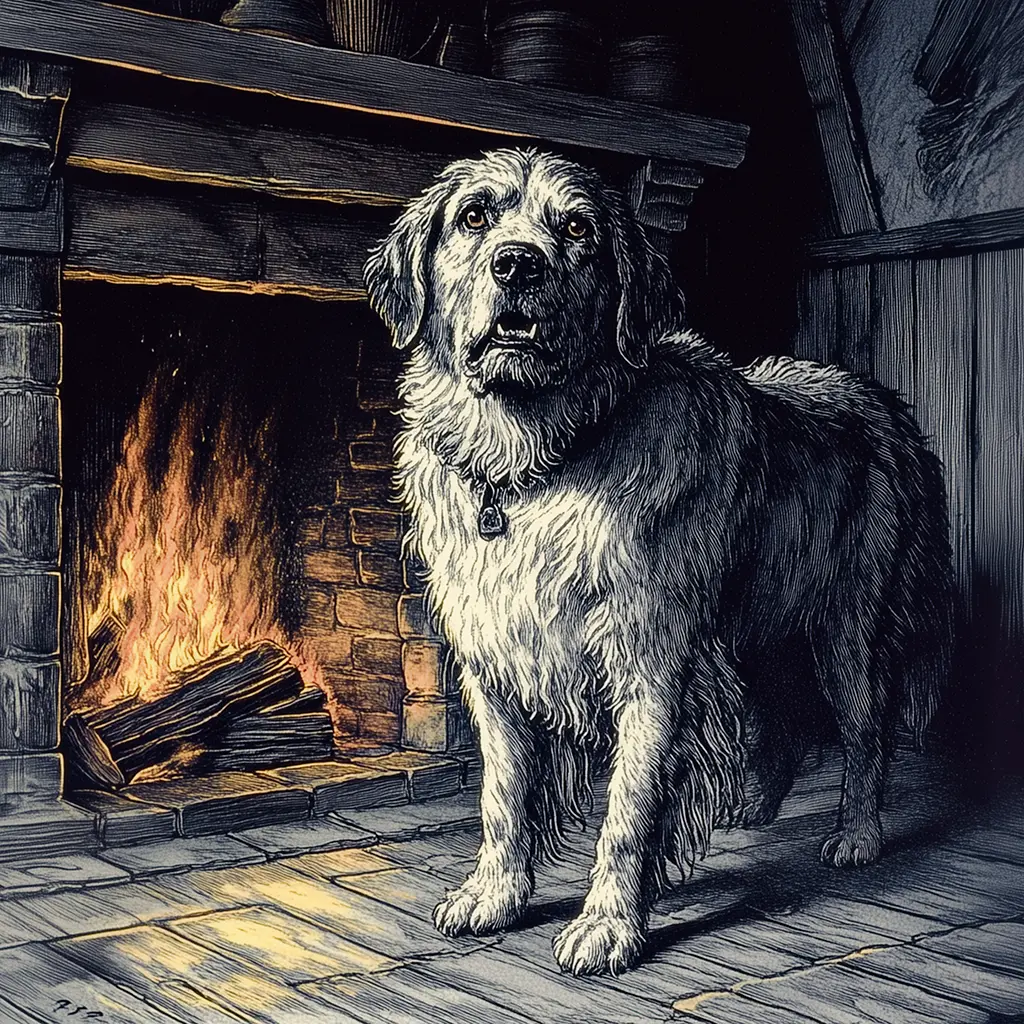Edgar Allan Poe: Morella
“Morella” is a short story by Edgar Allan Poe, published in April 1835 in the Southern Literary Messenger. A man marries Morella, a woman of great erudition and a marked inclination toward metaphysics and mystical knowledge. Although he initially feels deeply attached to her, over time he experiences a growing detachment and an inexplicable aversion toward his wife, a feeling that intensifies as she languishes and her presence becomes increasingly disturbing.
